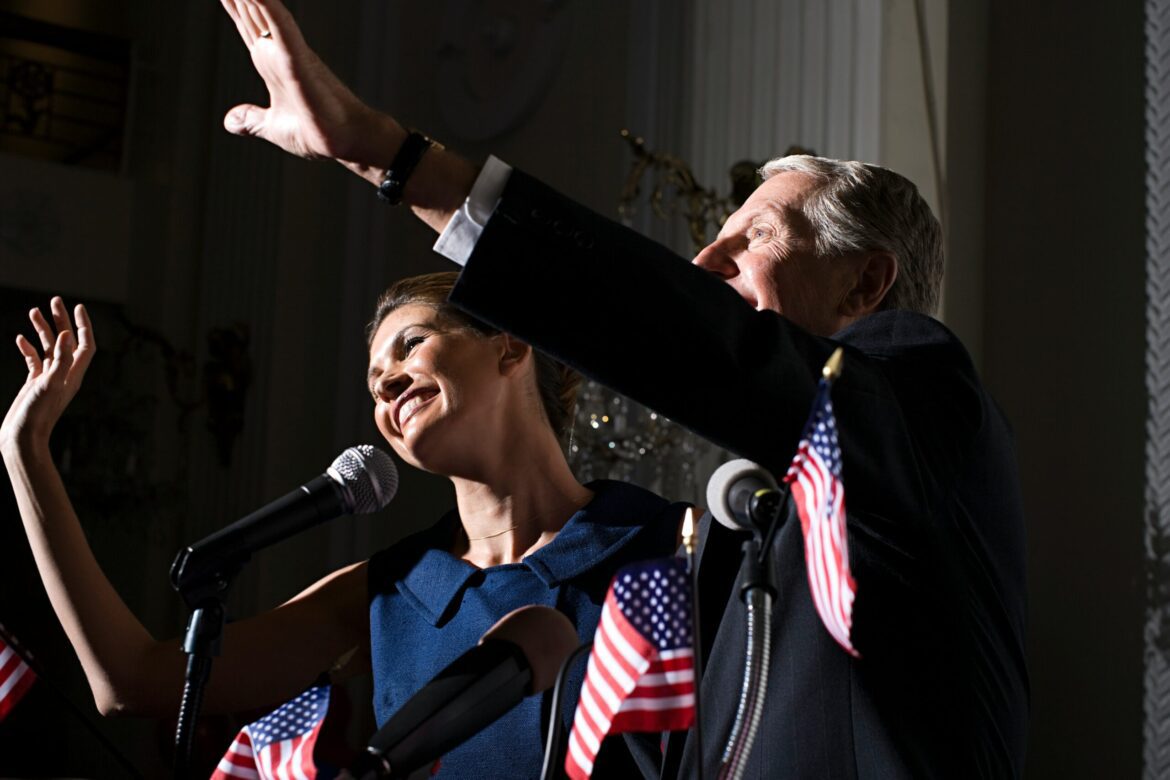On January 20, 2025, Donald J. Trump was sworn in as the 47th President of the United States, marking his second non-consecutive term in office. The inauguration ceremony, relocated indoors to the Capitol Rotunda due to extreme cold, was attended by former presidents, dignitaries, and supporters. Chief Justice John Roberts administered the oath of office, with Melania Trump holding the Bible.
Inaugural Address and Immediate Actions
In his inaugural address, President Trump declared the day as “Liberation Day” and the beginning of a “revolution of common sense.” He emphasized themes of national sovereignty, economic revival, and immigration reform. Trump pledged to reverse policies of the previous administration, stating, “We are bringing back the American dream, bigger and better than ever before.”
Following the ceremony, President Trump signed a series of executive orders aimed at reshaping domestic and foreign policy. Key actions included:
- Withdrawal from the Paris Climate Agreement: Through Executive Order 14162, Trump directed the immediate withdrawal of the United States from the Paris Agreement, citing the need to prioritize American economic interests.
- Exit from the World Health Organization (WHO): The administration announced the U.S. withdrawal from the WHO, expressing concerns over the organization’s handling of global health crises.
- Declaration of National Emergency at the Southern Border: President Trump reinstated a national emergency to address what he described as an “invasion” at the U.S.-Mexico border, authorizing the deployment of military resources and the construction of additional border barriers.
- Pardons Related to January 6 Capitol Riot: In a controversial move, Trump pardoned approximately 1,500 individuals charged in connection with the January 6, 2021, Capitol riot, referring to them as “hostages” and asserting their actions were patriotic.
Policy Shifts and Administrative Changes
The new administration swiftly moved to dismantle several initiatives from the previous administration:
- Immigration Policies: Trump signed orders to end the CBP One program, block asylum seekers, and designate certain drug cartels as terrorist organizations.
- Establishment of the Department of Government Efficiency (DOGE): Aimed at reducing federal bureaucracy, DOGE was created with Elon Musk appointed to lead efforts in streamlining government operations.
- Reversal of Diversity and Inclusion Initiatives: The administration rescinded policies related to diversity, equity, and inclusion, arguing for a merit-based approach in federal agencies.
Domestic and International Reactions
President Trump’s actions elicited mixed reactions domestically and internationally. Supporters praised the swift implementation of campaign promises, while critics expressed concern over the potential erosion of democratic norms and international alliances. Environmental groups condemned the withdrawal from the Paris Agreement, and human rights organizations criticized the mass pardons and immigration policies.
Internationally, allies expressed apprehension over the U.S. retreat from global commitments, with European leaders emphasizing the importance of continued collaboration on climate change and public health.
Conclusion
President Trump’s inauguration marked a significant shift in U.S. policy direction, with immediate and sweeping changes across various sectors. As the administration embarks on its agenda, the nation and the world watch closely to assess the implications of these transformative decisions.

